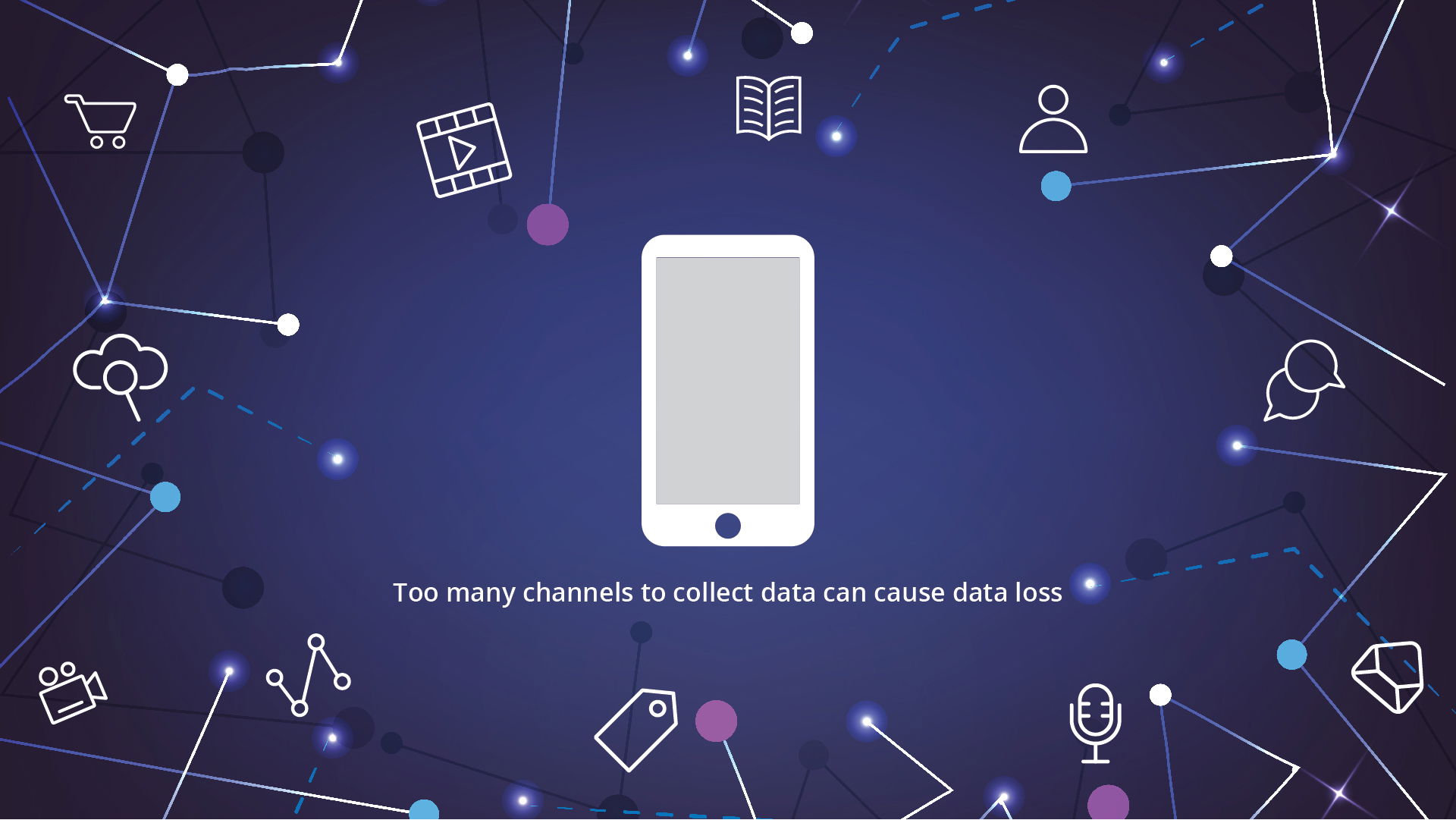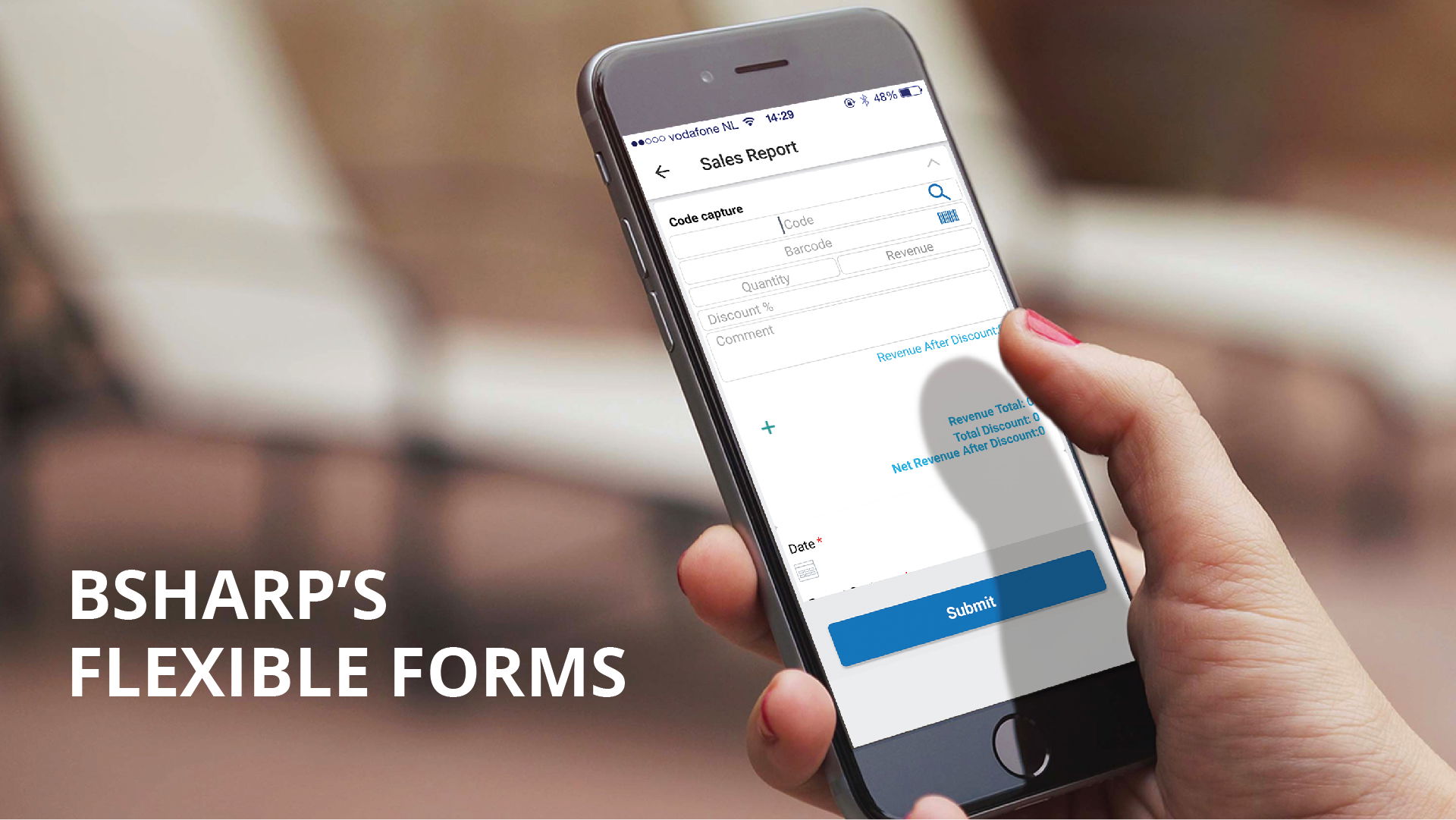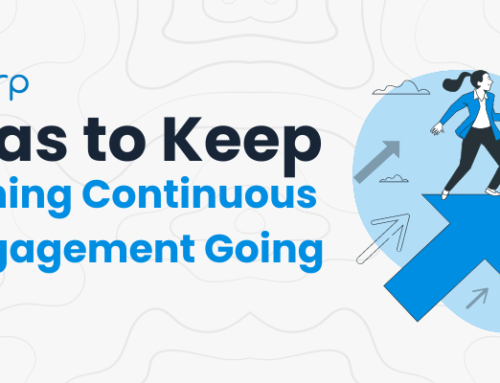Every mile counts. What sales teams ought to learn from marathon runners?
I was watching Eluid Kipochege run the London Marathon. He won the race in 2 hours 14 min and 17 seconds. The lead pack ran his first 5k run in 13 min 48 sec (insanely fast), this meant if you add another 18 seconds, the pack would finish in 1:58:59. The next 5k was covered in 14:31 (still under the world record pace) but every 5k after that could barely meet 5k standards.
Breaking the marathon into smaller 5k chunks makes it easy for me or any other enthusiast/amateur understand what went wrong. I can only imagine what it does for guys at Eluid’s caliber. Because breaking it down helps narrow it down to small factors. Maybe, derive cause and effect relationships.
Now, I would think some deals take longer to close. Multiple meetings to close one deal. Some of these bear fruit and some don’t.
Many a times, it is only the final stages (deals won/lost) of a CRM that is discussed in the daily/monthly/yearly sales meeting. But what about the tiny nuggets of information of those meeting that led to a deal being won or lost.
The meetings could be a treasure trove of answers to questions such as,
- Why did the prospect drop out after this meeting?
- What did I communicate in the meeting that I had on Saturday?
- Did the customer’s profile/requirement match the product I pitched?
- Where did I meet the customer? Was it too noisy to converse?
- When did I last follow up with the customer?
Now, you could probably argue that noting points down in a sales journal or the notes/description system of a CRM might help. Well, it might.
But, there are some challenges with this approach:
- Writing down in a note pad/book: Assuming that you and your team meet a lot of customers, these meetings notes are going to get lost in a sea of scribbles, addresses, customer phone numbers and if you’re like me, doodles.
- Notes/description section of a CRM: Most often, these sections give you a time stamp of the last edited date and not the date and time at which you made each individual entry (of course, you could probably type it out before you make every entry, but do you really want to do that?)

What you/your team need, is an easy way to view customer/prospect details and submit meeting reports once you’re done with the meeting. This should come naturally.
You know, I am meeting a customer, so let me read about the customer.
I’m done with the meeting, so let me report about the meeting.
Something as easy as a couple of clicks:
Choose customer>Click customer meeting forms>Fill meeting details>Submit.
Once your team submits the data, you should be able to download all the reports in an easy excel format. You get data by individual meetings. You know what went right and what didn’t. Who pitched correctly and who didn’t. Who waited too long to follow up and who was too eager.

This data helps you and your team learn from every individual customer interaction. It helps you make every meeting count and learn from every one of them.
Bsharp’s flexible forms have helped customers in consumer electronics, healthcare, publishing, telecom industries make every meeting count.





